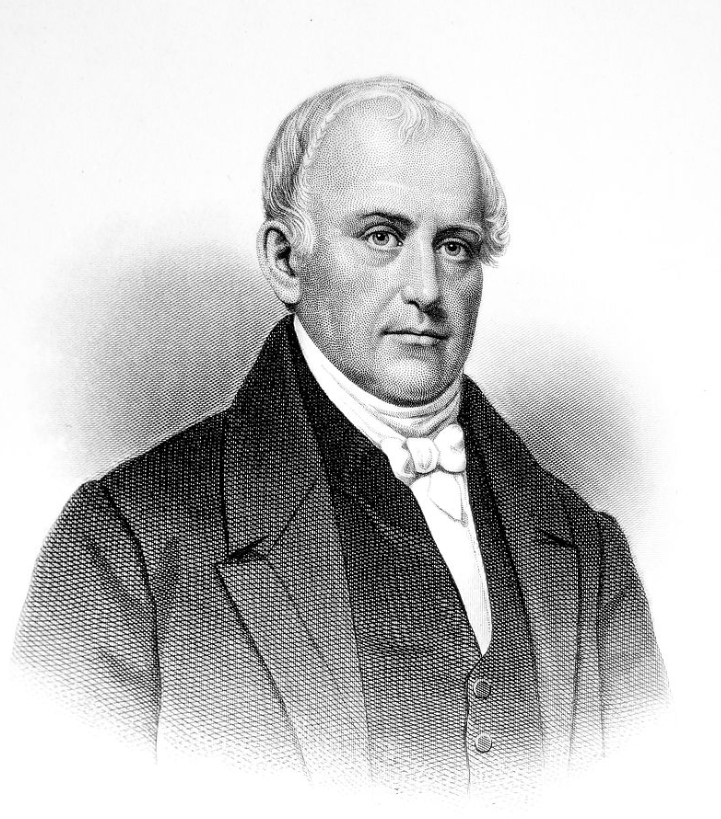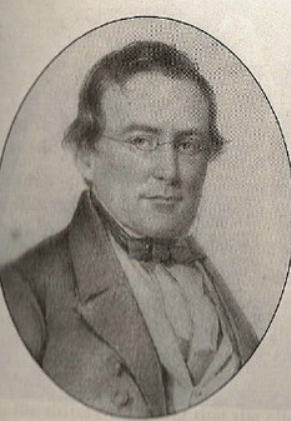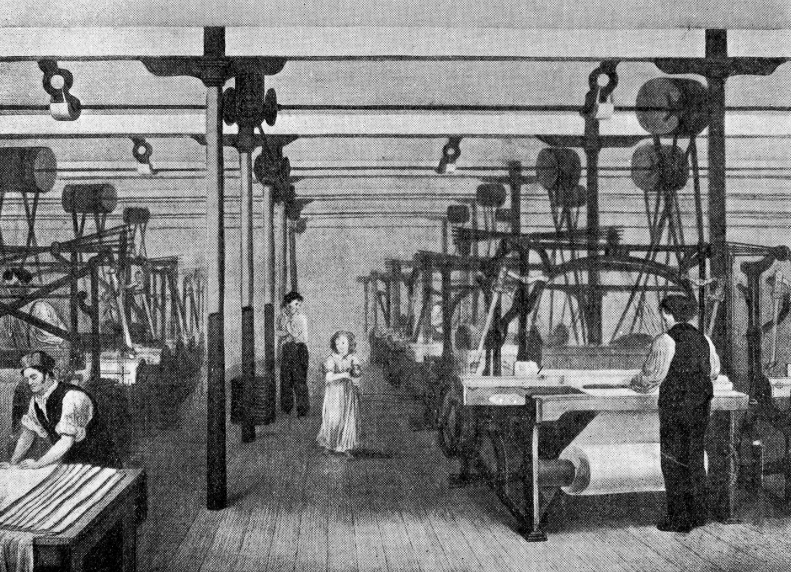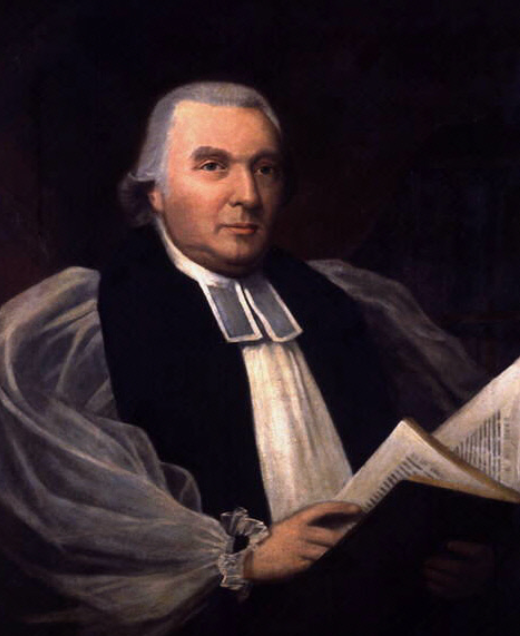Samuel Slater 'The Traitor' - Father of American Manufactures
Piggybacking off yesterday’s article regarding textile manufacturers in the United States (specifically, the FAILURE of manufactures) I thought today we should further that discussion by reviewing the first successful cloth factory.
Though several steps had been taken to begin the Industrial Revolution in the United States, Samuel Slater’s process had a profound impact on the way America was to enter the modern age. Slater is considered by many as the Father of American Manufactures as well as the more encompassing name, Father of the American Industrial Revolution.
Samuel Slater
When Samuel Slater arrived in New England in 1789, he was a 21-year-old who spent his formative years as an indentured servant to a factory owner in England.
Great Britain, at the time, had laws preventing the instructions regarding how to build a textile mill from being shared outside the country. This was to ensure other nations would need to give Britain their business if they wanted the finest quality cloth.
Slater was blessed with a great memory and was able to retain in his mind all of the aspects of manufacturing he learned over the years.
Within a year, he began working with Almy & Brown, a new company who was trying to build a successful textile factory.
Mastering Textiles
Slater took charge of Almy & Brown’s factor (located in Pawtucket, Rhode Island) quickly making it immensely profitable. Within three years, he was named a partner.
Samuel’s success can largely be contributed to his being the first in America to use water-power as a means of running a textile mill. Having stolen his methods from Great Britain, he was given the nickname ‘Slater the Traitor’ back in his native country.
By 1798, he broke off to build his own business, Samuel Slater & Company. Over the ensuing years, he opened fabric factories across New England.
The Rhode Island System
Samuel Slater’s methods set many precedents for the future of Industrialized America.
Slater began using child labor early on in his factories. Since women were also considered cheap labor, Samuel began building towns around his locations to attract entire families to his enterprise. As a result, communities began to form with the textile mill as the main economic driver.
This was a precursor to the company towns which would develop from businesses that owned every aspect of commerce within a village.
These methods of factories would continue until people began to unite and strike for better wages and hours in the late 19th/ early 20th century.
Sunday School
One very notable idea that Samuel Slater brought over from England was the newly popular phenomenon of Sunday Schools.
Since many children were working in the factories during the week, they were not being given access to an education. At the time, the literacy rate in New England was extremely high. In order to be a good Christian a person needed to know how to read the bible.
Concerned about losing this important aspect of New England heritage, Slater instituted Sunday School to make sure children understood their religion and participated accordingly.
In this regard, Samuel Slater can be considered both the Father of American Manufactures and the Father of the American Sunday School.
To learn about other Founders who contributed to the Industrial Revolution, check out these articles:
Eli Whitney Shoves America into the Industrial Revolution
Paul Revere - More Than a Midnight Rider
Du Pont Improves American Gunpowder
Samuel Later has several biographies.
‘Memoir of Samuel Slater’ is the first bio about him and gave him the nickname he bears today.
If you’d like a copy you can get one through the Amazon affiliate link below (you’ll support this site, but don’t worry, Amazon pays me while your price stays the same).
Want to get fun American Revolution articles straight to your inbox every morning?
Subscribe to my email list here.
You can also support this site on Patreon by clicking here.






